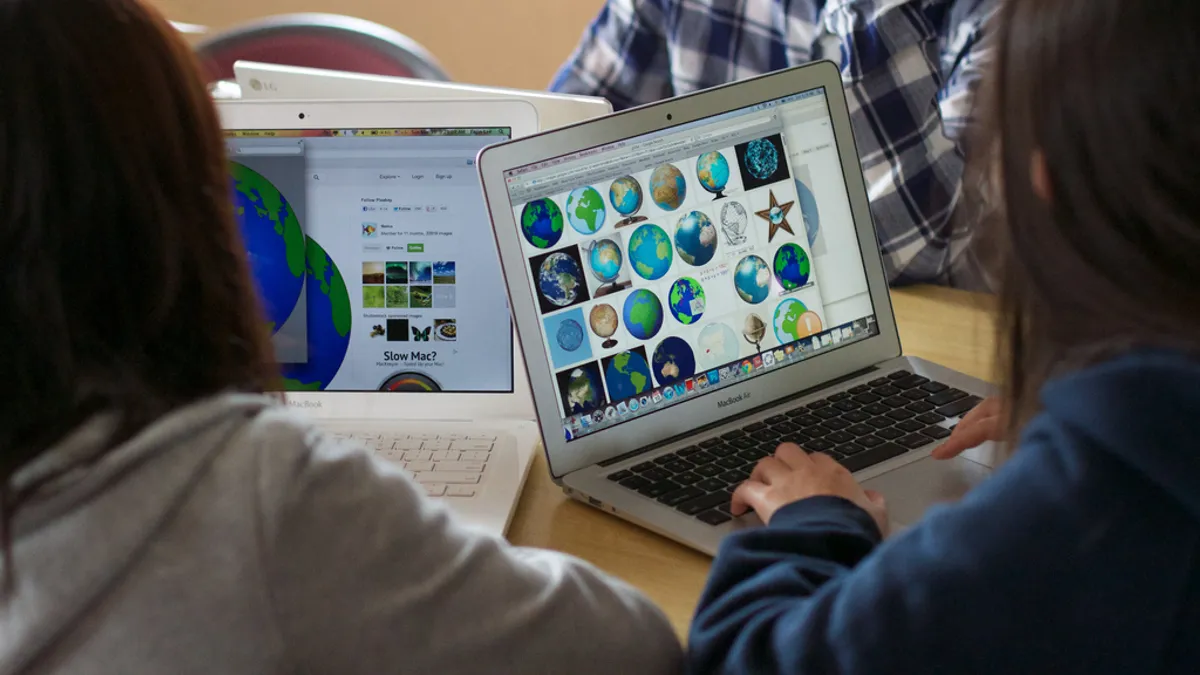Dive Brief:
- Teaching digital citizenship has become a standard part of school curricula as students spend more time online, and lessons can be especially useful for students on the autism spectrum.
- Jennifer Liang, an instructional technology specialist at Cumberland Academy of Georgia, led a recent webinar on the topic, emphasizing that teachers should consistently model good digital citizenship for their students.
- Liang also recommended building a culture of responsibility around technology, reminding students to be realistic in comparing themselves to other people online who present only the most perfect versions of themselves, and encouraging students to report cyberbullying and questionable behavior.
Dive Insight:
In thinking about some of the needs of students with autism spectrum disorders, the principles of universal design for learning can be helpful. Universal design for learning encourages teachers to be proactive and plan lessons to be as inclusive of various learning styles as possible. Just like UDL can benefit all students, rather than simply those who have diagnosed needs, approaching digital citizenship training as Liang recommended can also help all students.
For example, students with autism may be more prone to struggle with self-image when presented with other people’s online identities, but teenagers in general should be reminded that everyone filters what others can see. This emphasis to digital citizenship training may help the wide range of students who struggle with depression and self-doubt.












